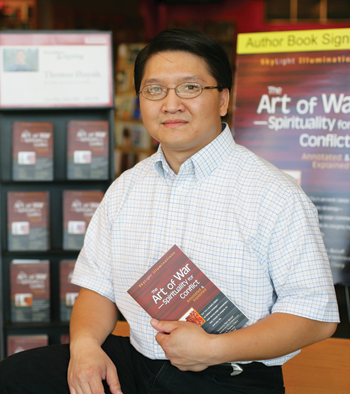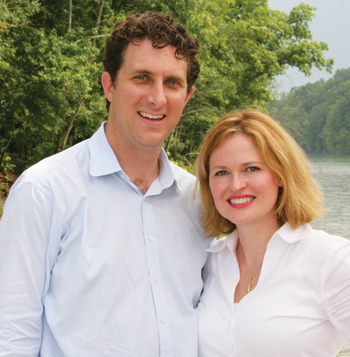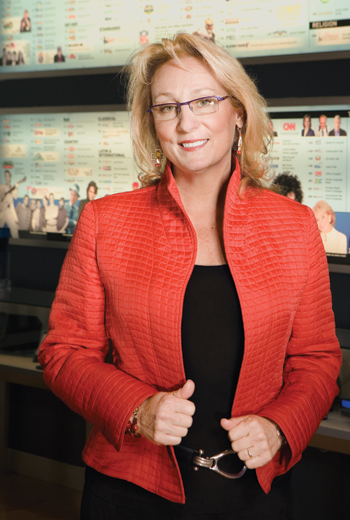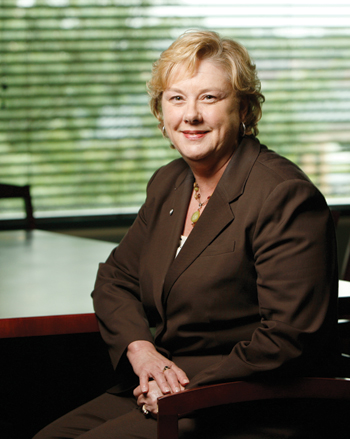
Lucy Davis Haynes, MBA’88, meant for her sales job to be something of a timeout, a way to keep her hand in the business game as she relocated to Nashville while pregnant with twins. Seventeen years later she is still with the same company.
“I never did go get that real job,” she laughs.
Haynes is a Sales Associate and National Trainer for The Worth Collection, a leading women’s luxury fashion company that brings in $95 million annually through private, invitation-only sales. She ranks at the top of its 750 sales associates and conducts national training sessions for other associates several times a year.
Why is Worth so successful? Haynes believes many women find shopping in department stores to be time-consuming and frustrating. “With Worth you can shop for the season in 15 minutes,” she says. Haynes has a customer base of about 700 women, and about 200 clients attend each of her four annual sales.
Before joining Worth, Haynes loved her career as a Brand Manager for Schering-Plough, an international health care company, and The Promus Cos., a hospitality company. But when her mother, Caroline Davis, started Worth in 1991, she jumped at the opportunity to be a part of the sales team in Tennessee. Haynes was successful from the start. “The beauty of sales is the harder you work, the more you make. That appeals to me,” she says. The flexible, work-at-home nature of the company has been a bonus as well.
Haynes’ favorite class at Owen was a leadership seminar her last semester. That’s where she learned that the best way to manage people is to listen. She puts that knowledge to use every day: “The customer will always tell you what she needs and wants, if you listen.”













